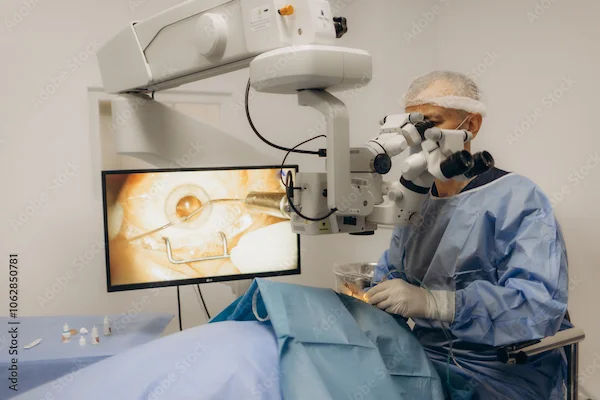Difficulty Reading After Cataract Surgery
Experiencing difficulty reading after cataract surgery? Learn about common causes, recovery expectations, and treatment options to improve your vision.

Written by
Last updated on 7th Jul, 2025

Introduction
If you’ve recently undergone cataract surgery and are experiencing difficulty reading, you’re not alone. Many patients face this issue, and while it can be frustrating, it’s usually temporary and manageable. This article will help you understand why this happens, what you can do about it, and when to seek further medical advice.
Why Does Reading Become Difficult After Cataract Surgery?
Cataract surgery involves removing the cloudy natural lens of your eye and replacing it with an artificial intraocular lens (IOL). While this procedure significantly improves vision, some patients notice changes in their near vision, making reading or seeing small print challenging. Here’s why:
1. Presbyopia (Age-Related Farsightedness): If you had cataracts, you may have been compensating for presbyopia (difficulty focusing on close objects due to ageing). After surgery, your new lens may not adjust as flexibly as your natural lens once did.
2. Type of IOL Implanted:
Monofocal lenses correct vision for one distance (usually distance vision). You may still need reading glasses for near tasks.
Multifocal or Accommodative lenses are designed to help with both near and far vision, but they may take time to adjust to.
Toric lenses correct astigmatism but may not fully address near vision.
3. Healing Process: Your eyes need time to adapt after surgery. Blurriness, glare, or mild distortion can temporarily affect reading.
4. Residual Refractive Error: Sometimes, a small prescription error remains after surgery, which can make reading difficult.
How Long Will This Last?
Most patients experience gradual improvement over a few weeks to months. However, if reading difficulties persist beyond 3-6 months, consult your eye doctor.
Consult Top Ophthalmologists
Tips to Improve Reading After Cataract Surgery
Here are some tips to improve reading after a cataract surgery:
1. Use Proper Lighting: Ensure bright, focused light while reading to reduce strain.
2. Try Reading Glasses: If you have a monofocal lens, reading glasses may be necessary.
3. Magnifying Aids: Large-print books, e-readers with adjustable font sizes, or magnifying glasses can help.
4. Adjust Screen Settings: Increase text size and contrast on phones, tablets, or computers.
5. Follow the 20-20-20 Rule: Every 20 minutes, look at something 20 feet away for 20 seconds to reduce eye strain.
6. Stay Hydrated & Blink Often: Dry eyes can worsen reading difficulties. Use artificial tears if needed.
When to See a Doctor?
If you experience any of the following, contact your eye specialist:
Persistent blurry vision after several weeks
Severe eye pain or redness
Sudden vision loss
Flashes of light or floaters (could indicate retinal issues)
Can This Be Corrected?
Yes! Depending on the cause, your doctor may recommend:
Updated Glasses Prescription: A slight adjustment may improve near vision.
Laser Enhancement: If residual refractive error is present, a quick laser procedure (like LASIK) may help.
Lens Exchange: In rare cases, switching to a different IOL may be an option.
Conclusion
Difficulty reading after cataract surgery is common but usually improves with time. Be patient, use the right aids, and follow up with your eye doctor if needed. If you’re still struggling, don’t hesitate to book a consultation with an ophthalmologist through Apollo 24|7 for personalised care.
Remember, your vision is precious—take the necessary steps to protect and enhance it!
Would you like help scheduling an eye check-up?
Consult Top Ophthalmologists
Consult Top Ophthalmologists

Dr. Anupa Gulati
Ophthalmologist
25 Years • MBBS, Dip in Ophthalmology
New Delhi
Visitech Eye Centre Green Park, New Delhi

Dr. Sahiti Salguti
Ophthalmologist
10 Years • MBBS,MS Ophthalmology
Hyderabad
Yeshass Nethralaya eye hospital, Hyderabad

Dr. Anchal Gupta
Ophthalmologist
10 Years • MBBS,MS ( Opthamology )
New Delhi
NETRAM EYE FOUNDATION, New Delhi
Dr. S Venkateswaran
Ophthalmologist
35 Years • MBBS, PGD (OPTHALMOLOGY)
Tiruvannamalai
Shiva Eye And General Hospital, Tiruvannamalai
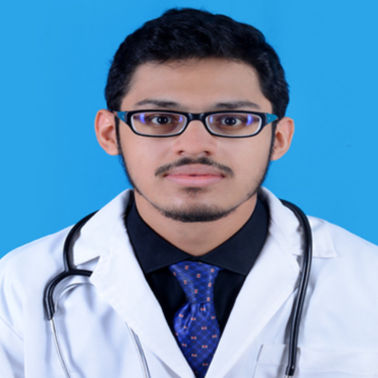
Dr. Syed Saifullah Bokhari
Ophthalmologist
4 Years • MBBS, MS(Ophthalmology)
Bengaluru
Vasan Eye Care, Bengaluru
Consult Top Ophthalmologists

Dr. Anupa Gulati
Ophthalmologist
25 Years • MBBS, Dip in Ophthalmology
New Delhi
Visitech Eye Centre Green Park, New Delhi

Dr. Sahiti Salguti
Ophthalmologist
10 Years • MBBS,MS Ophthalmology
Hyderabad
Yeshass Nethralaya eye hospital, Hyderabad

Dr. Anchal Gupta
Ophthalmologist
10 Years • MBBS,MS ( Opthamology )
New Delhi
NETRAM EYE FOUNDATION, New Delhi
Dr. S Venkateswaran
Ophthalmologist
35 Years • MBBS, PGD (OPTHALMOLOGY)
Tiruvannamalai
Shiva Eye And General Hospital, Tiruvannamalai

Dr. Syed Saifullah Bokhari
Ophthalmologist
4 Years • MBBS, MS(Ophthalmology)
Bengaluru
Vasan Eye Care, Bengaluru
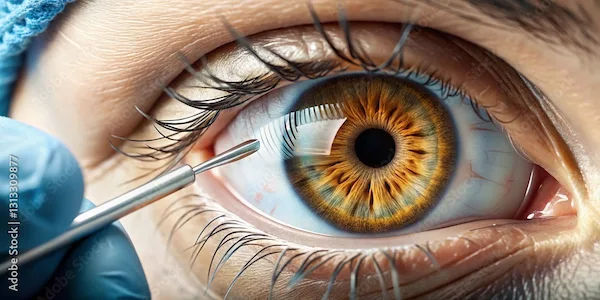
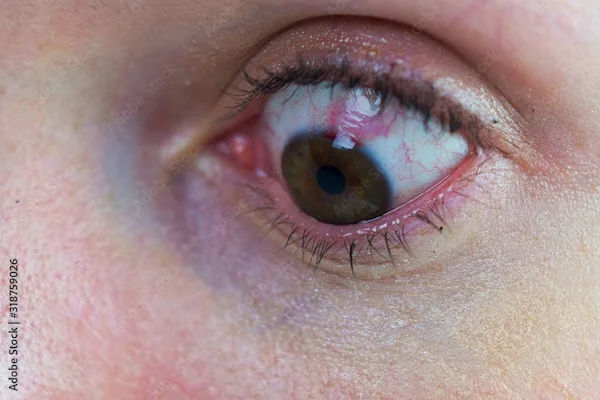
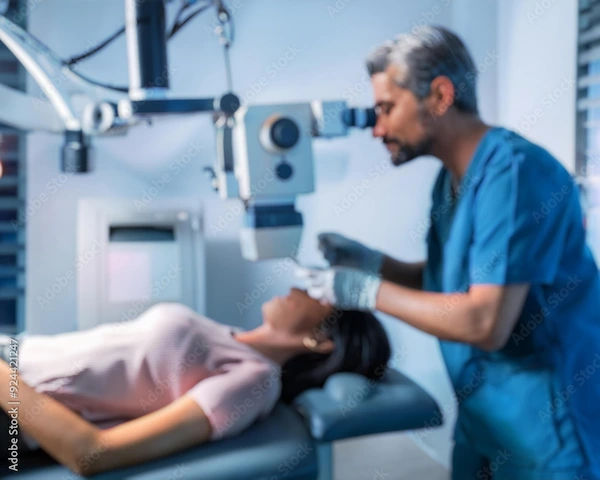
 (1).webp)
